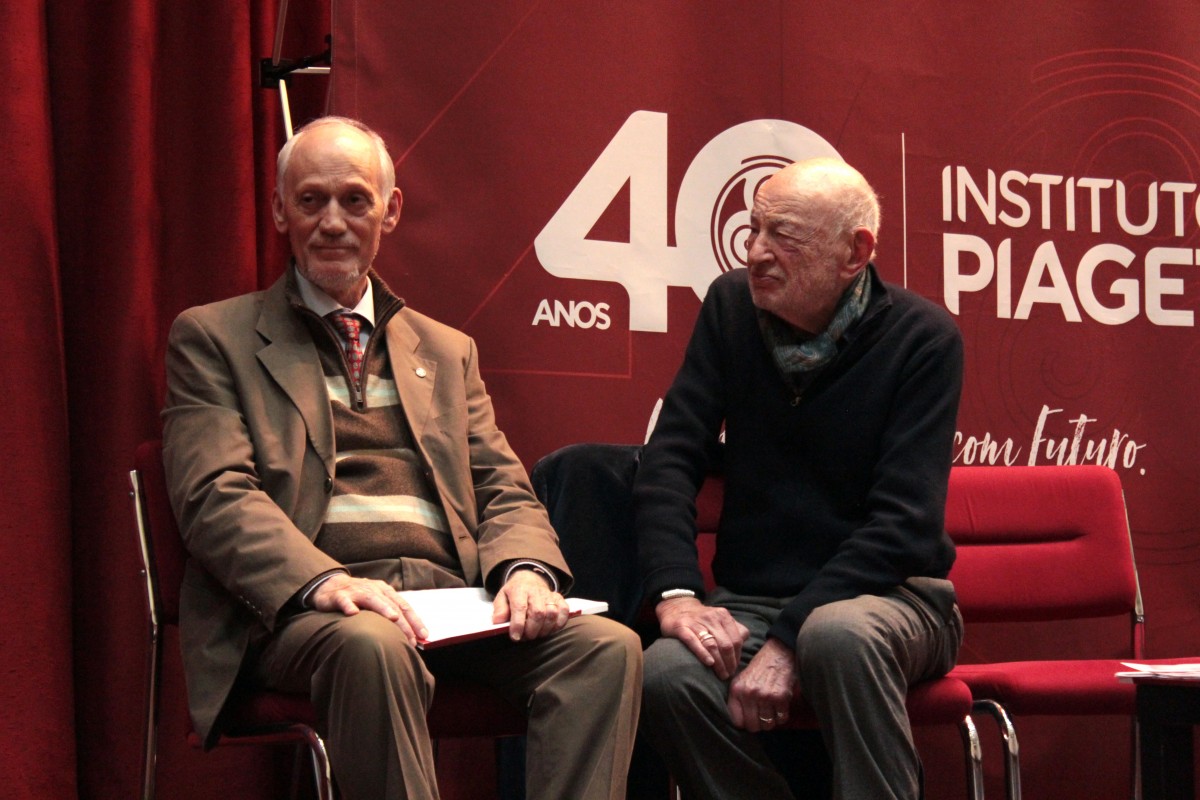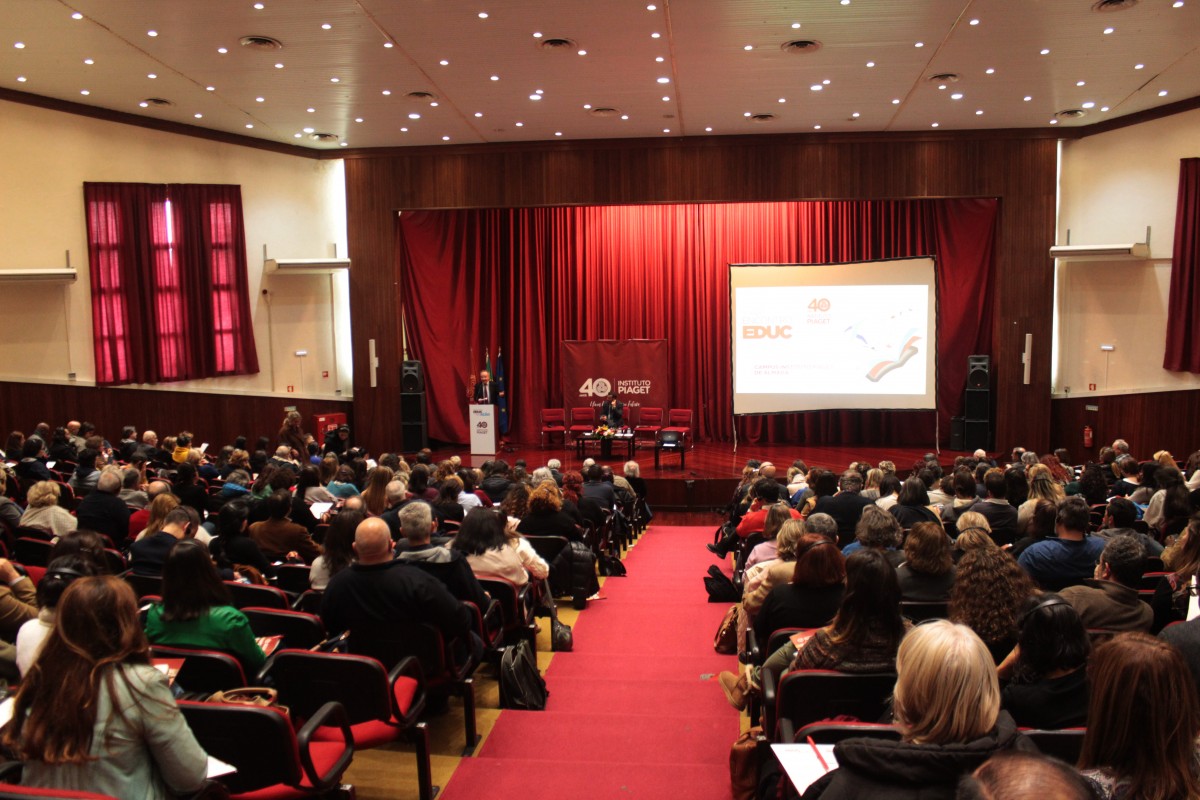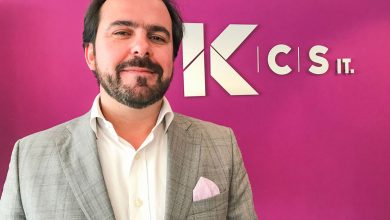“There has never been so much information
and you never knew so little about the human being ”
[dropcap type=”background”]E[/dropcap]dgar Morin, one of the greatest contemporary thinkers, participated this weekend in the “Encounter on Education”, sponsored by the Piaget Institute, on the Almada university campus, to talk about human complexity. According to the sociologist, so little has ever been known about the human being, with scholars devoting themselves to the fragmented study of man: “Knowledge of the human being lies in crumbs.”
Edgar Morin spoke to an audience of over 500 participants about the plurality of the human being – economic, religious, etc. – and explained that “we live an adventure of balance between forces of unity and forces of rupture“.

Jérome Bindé, Secretary-General of the Future Council, another of the international speakers present at the event, warned of the dangers of the current “educational apartheid”, which feeds organized crime and jeopardizes the democratic system. According to the writer and futurist, universal education, a pillar of democracy, has become an increasingly lucrative and exclusive business for the richest sections of the population. “There are more and more excluded from globalization, a screening that ruins the promise of universal, lifelong education for all, which should be the top priority. The new education economy is creating a bubble that can potentiate a global financial crisis and is already the source of many protest movements in the world. ”
Professor A. Reis Monteiro, with more than two dozen books published in Portugal and abroad, took advantage of the Meeting to challenge teachers: “The teacher can do much more than he does if he does not resign himself to being just one. public agent. The teaching profession, as it exists, has no future. Education is the greatest power and responsibility in the world. ”
For his part, Professor David Rodrigues, national education counsellor since 2015, spoke about the contribution of emotions in learning and growth of children, so often neglected by the current education system, which overemphasizes knowledge and utilitarian words. “In this fast education everything is ready and the imagination, the play, the prediction, the make-believe, so important to boost the self-confidence, empathy, citizenship, solidarity of the youngest,” he explained.
Speaking about the poetics of education and the future, António Oliveira Cruz, founder and president of the Piaget Institute, concluded: “We have to rethink childhood because it is part of us adults, and we only grow up because we have childhood within us.”
The “Meeting on Education“, sponsored by the Piaget Institute, began yesterday and ends today in Almada, with the participation of parents of modern sociology and education and numerous national and international experts. An ever-crowded auditorium passed this weekend about two dozen speakers. Yesterday, at the opening of the work, the event was attended by the mayor of Almada, Inês de Medeiros.
The “Encounter on Education” ends the celebrations of the Piaget Institute’s 40th anniversary, which has always played a leading role in the training of educators and teachers, among many other professionals from various fields of knowledge, especially in the countryside and in the peripheral areas of major centres. Portugal, as well as in the CPLP countries.







